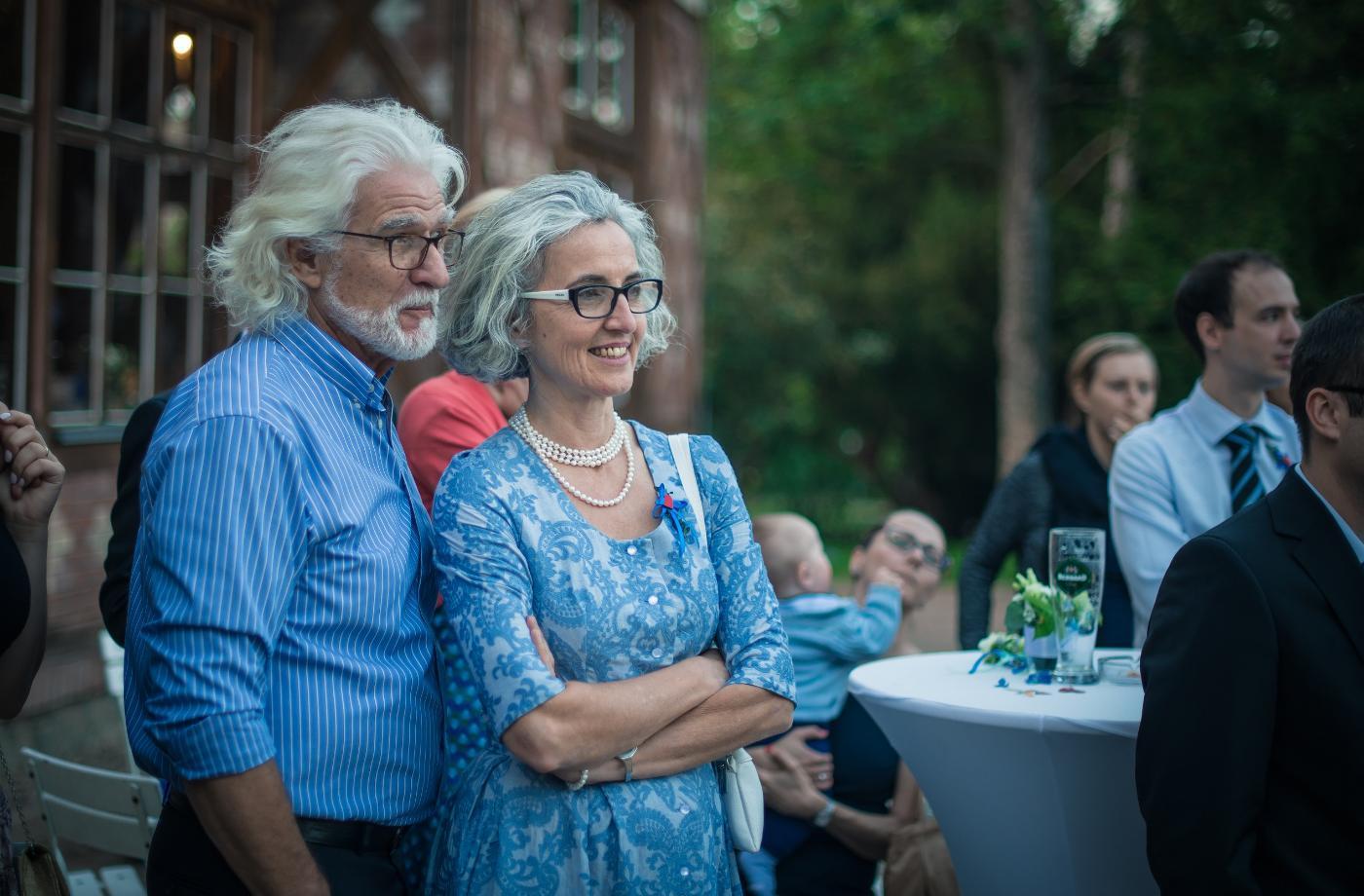Markéta is a woman, who inspires us in C4C in many ways. See her story as told by Ženy s.r.o. website:
Help is never enough, and more so when it comes to small or defenseless children. 22 years ago, an association was established, which has so far managed to raise more than 850 million crowns. The amount helped disadvantaged and hospitalized children. What does such a help consist of and what activities does the association offer? We asked the wife of the founder of the organization, Mrs. Markéta Franke.
Who was the founder of the association and what is its main intention?
In 1996, for business reasons, Manfred Franke, founder of Chance 4 Children, came to the Czech Republic. He worked in the music industry and brought his 5 children with him. The family lived in different parts of the world in the past, and often moved. They once visited the Children’s Home in Ledce, which was close to their home. Together they made a couple of happy performances for the children, which were very successful. The management then turned to Manfred to see whether he could help otherwise, and so Manfred got in touch with his extensive business contacts and – it all started.
What projects and activities does the association provide?
In the beginning there was a project called “Robin Hood”. Then the activities gradually expanded. To this day, we use opportunities and contacts to allow children’s homes to save budgets by delivering quality new clothing and footwear directly from manufacturers.
But after few years, it became clear that aid was not just about material needs. That is why the project “Springboard to Life” was created in 2002. Our teachers come to orphanages and lead various classes and activities. These help children find the path they would like to take in the future, as well as gaining adult habits and experiences. At the same time, the program involves “linking” children from orphanages to seniors’ homes.
Our third long-term project is called “Dr. Clown”. Our clowns visit children in hospitals and not only heal them with a smile, but also train hospital staff in techniques and games that help children and parents better manage hospital stress.
What sort of children do you specifically help and where do you see the most sense?
We help children who find themselves in a disadvantaged situation. Either they are ill and spend long weeks in hospital, or they are from orphanages. We also try to help young people who have already left the gates of the children’s homes.
How can people, who want to help, get involved?
Of course, the most practical for us is the financial support: individual or integrated into corporate social responsibility programs. We also appreciate contacts and ideas. We welcome other volunteer mentors in our ranks (they have been gaining so far through professional connections) and we’re looking for future Dr. Clowns who, after training, could complement our teams.
What does family mean to you?
Family is everything to me. We are all working actively, but I managed to raise 4 wonderful children who already have their own lives. I met my husband (Manfred Franke) seven years ago. We both have children from previous relationships and we have become a really big family that holds together.
What is your role in the organization?
We have professional project managers for each of our programs. My role is methodical. This means I help organize our activities and raise funds for the association. I personally set my heart on the “Springboard to Life” program, where I feel to be a methodologist and mentor of mentoring activities.
I myself have been mentoring one girl and one young man from the orphanage in Žatec for two years and it is an unforgettable experience.
Formally, I chair the Board of Trustees of the Chance 4 Children Endowment Fund. I oversee the financial condition and sustainability of our activities.
Reconciling all of these activities with my professional life (I am a co-owner of a technology startup) is not easy, mainly due to time constraints; on the other hand, I find it very rewarding to exploit the synergies of the business and non-profit sectors.




